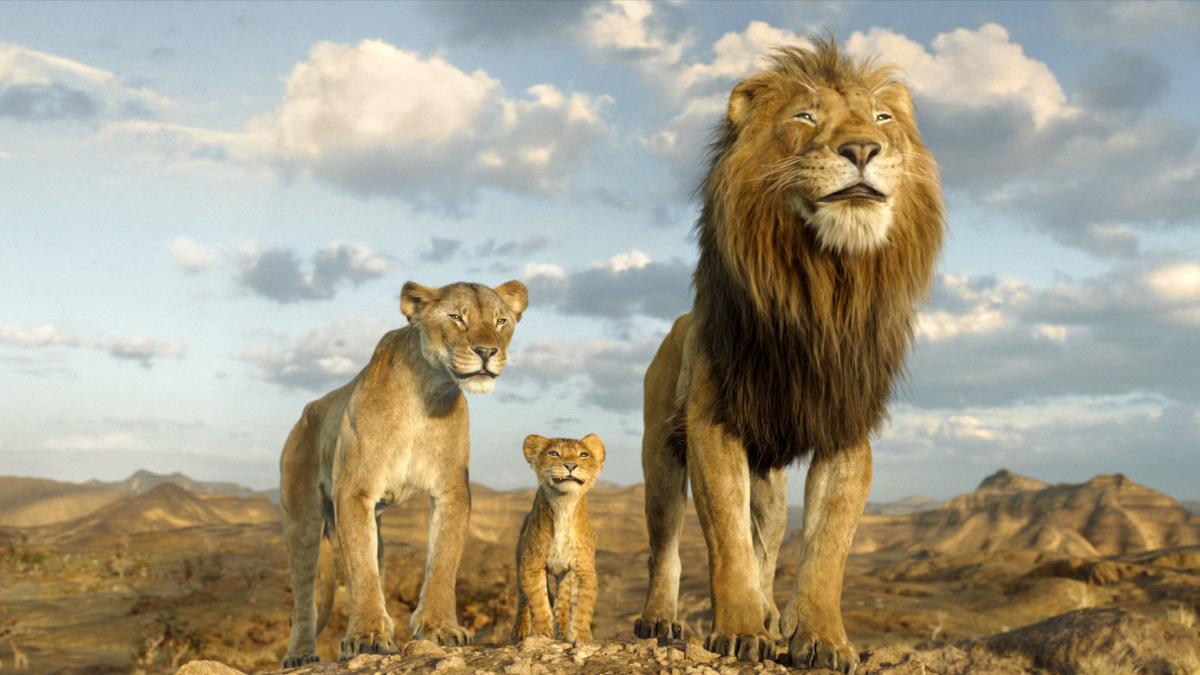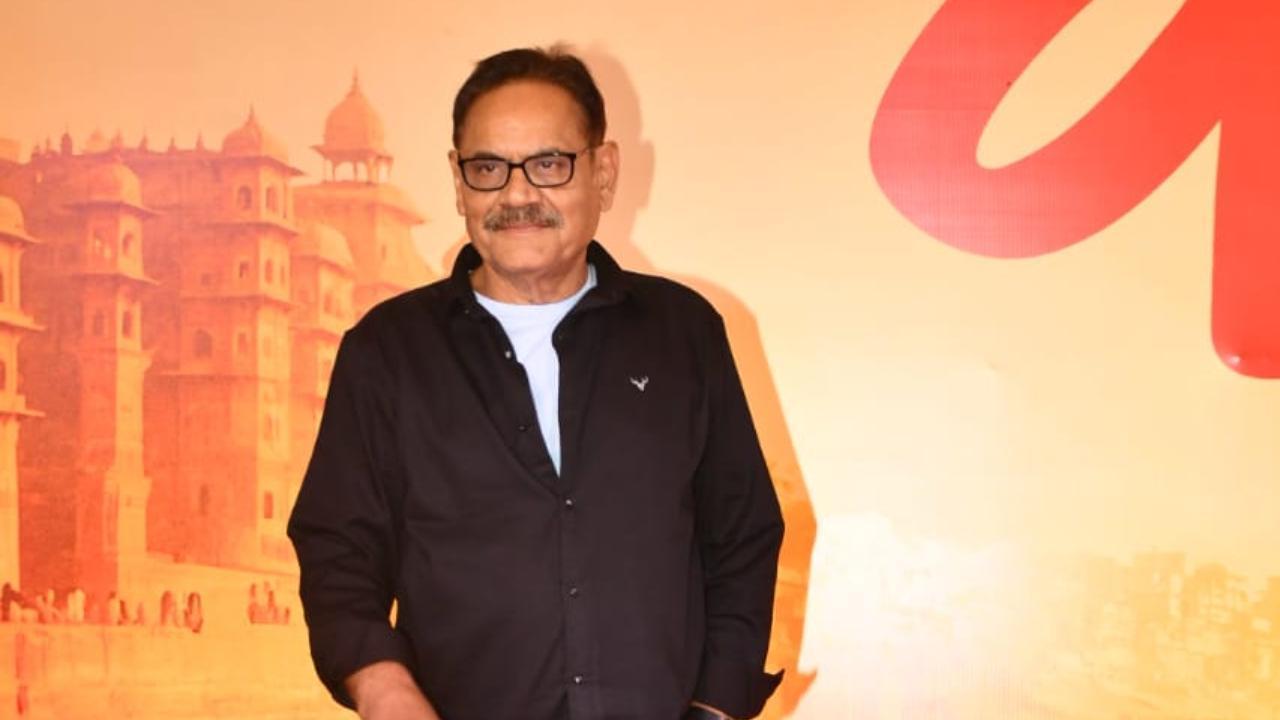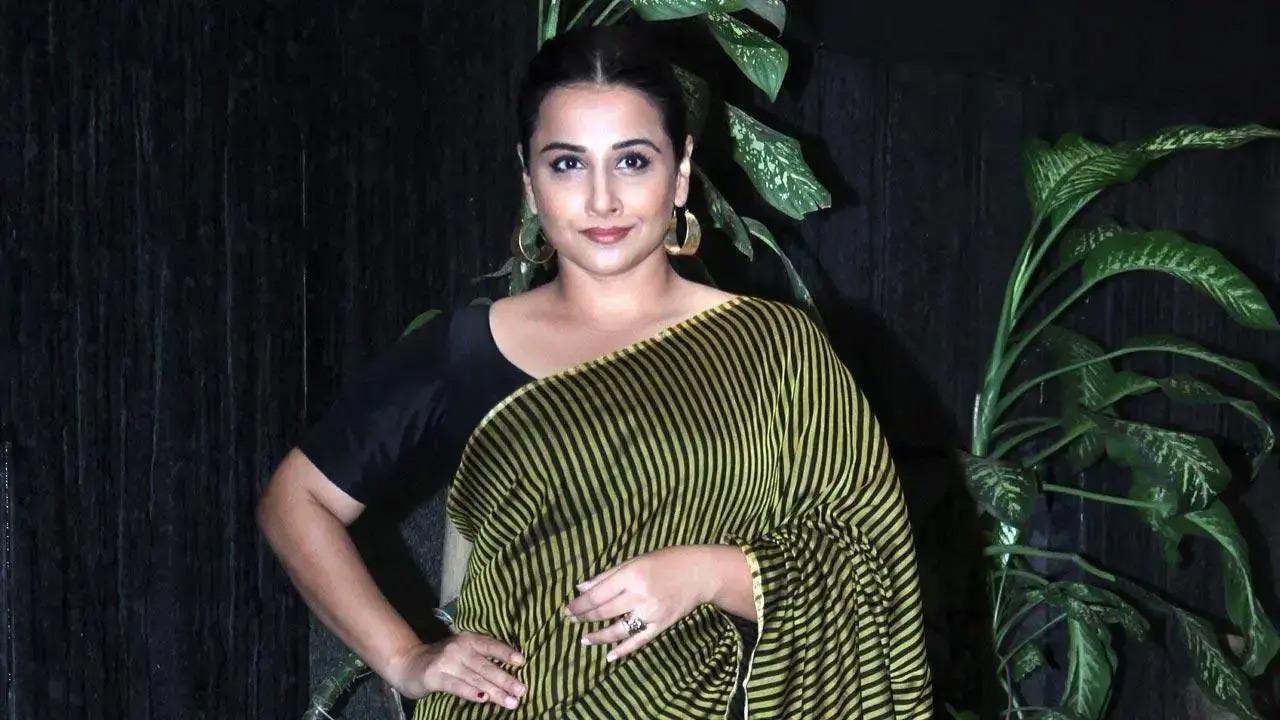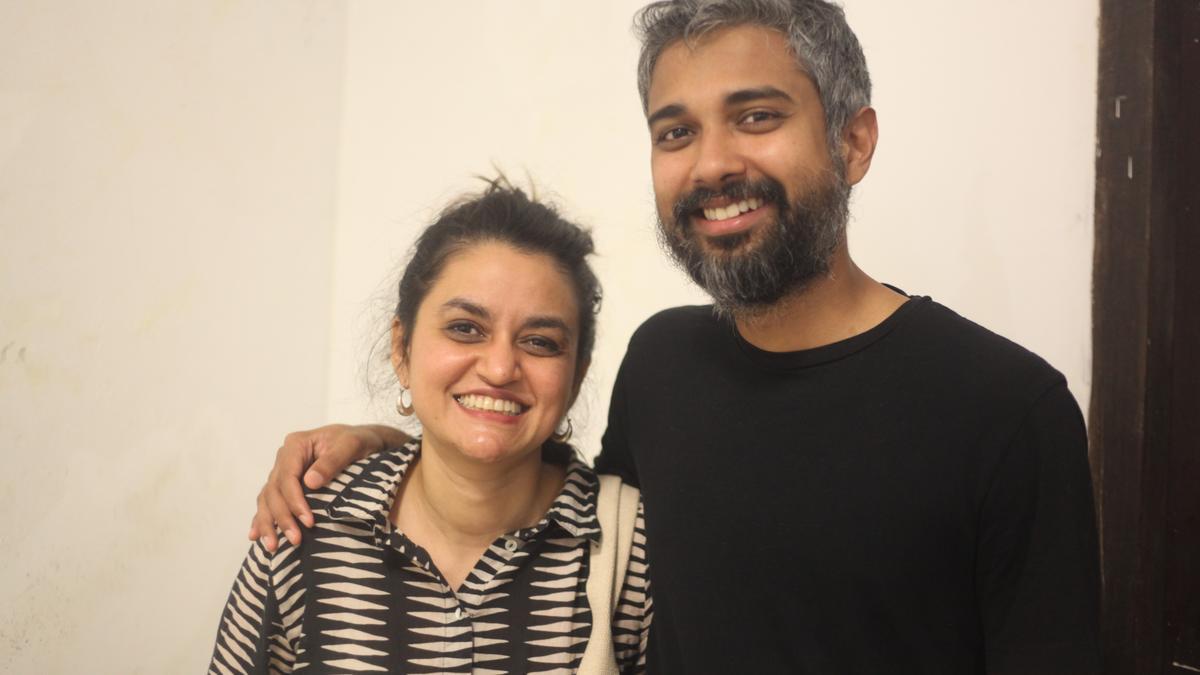
Though this photo-realistically animated sequel/prequel to the 2019 remake of 1994’s beloved The Lion King is called Mufasa: The Lion King, it is also the story of Scar, the antagonist, who covets the throne. Supposed to be a prequel and sequel, like The Godfather II, Mufasa opens with the lion king, Simba (Donald Glover), joining his mate, Nala (Beyoncé Knowles-Carter) in the serene oasis as she prepares to give birth to their second cub — they already have a female cub (daughter? anthropomorphism can go as far as you like), Kiara (Blue Ivy Carter).
Simba leaves Kiara in the care of his friends, the warthog, Pumbaa (Seth Rogen), and the meerkat, Timon (Billy Eichner). When Kiara says she is afraid of the storm, and after Pumbaa and Timon give her a version of Simba’s victory over his uncle Scar — which ends with the two eating Scar — the mandrill and the shaman of the pride, Rafiki (John Kani), tells her the story of how Simba’s father, Mufasa (Aaron Pierre), became the king of the pride.
With interruptions for bathroom breaks, cricket snacks and sundry wisecracks from Pumbaa and Timon, Rafiki tells how when Mufasa was a young lion cub, he got separated from his parents in a flash flood. He floats far down river till he is rescued by a cheerful, generous lion cub, Taka (Kelvin Harrison Jr.). Though Taka’s father and the king of the tribe, Obasi (Lennie James), does not trust Mufasa, as he is an outsider, Obasi’s mate and Taka’s mum, Eshe (Thandiwe Newton), is welcoming of the orphaned cub.
Mufasa and Taka grow up as brothers despite Obasi’s warning to Taka not to trust strangers as they are bound to betray their benefactors. Trouble comes in the form of a pack of white lions led by the cruel Kiros (Mads Mikkelsen). As the white lions decimate the pack, Taka and Mufasa go on the run heading for the mythical oasis of Milele. They are joined by a lioness, Sarabi (Tiffany Boone), and her scout and guide, the hornbill Zazu (Preston Nyman), as well as a younger Rafiki (Kagiso Lediga), who is rejected by his tribe for being different. Sarabi’s entry changes the dynamics between the brothers.
Photorealistic animation takes some getting used and watching the lions’ mouths stretched into grimace-like smiles is as distracting as watching their lips shape human words. Talking animals in traditional animation is something one can wrap one’s brain around, not so much these exquisite nature documentary-style animals that suddenly open their mouths and start to speak!
Pumbaa, voiced by Seth Rogen, bottom, and Timon, voiced by Billy Eichner, in a scene from “Mufasa: The Lion King.”
| Photo Credit:
Disney
There are plenty of callbacks to the original, from the stampeding wildebeest to the pride rock. Rogen, Eichner, Glover, Knowles-Carter and Kani reprise their roles from the 2019 film.
Oscar-winning Barry Jenkins has crafted a thrilling action-adventure, with a beating heart of a love that turns to hate, and the songs, courtesy of Lin-Manuel Miranda, are superbly groovy. All the hard work and creativity, however, is felled by the weird visual style. More is the pity.
Mufasa: The Lion King is currently running in theatres
Published – December 20, 2024 07:35 pm IST
World cinema
/
English cinema









